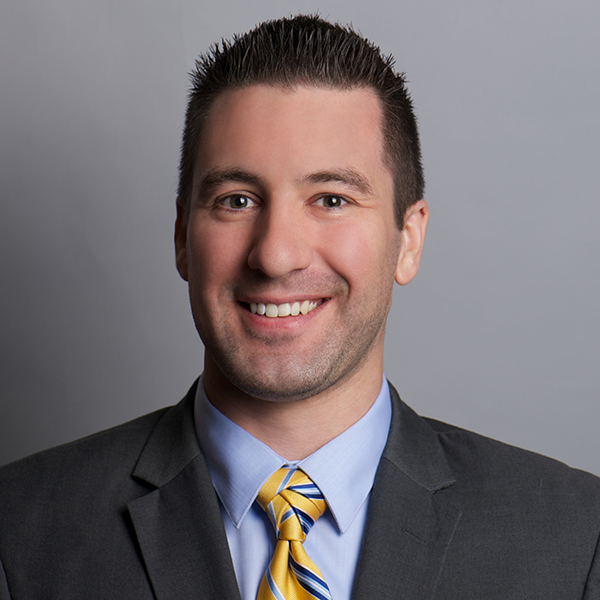Rob Hoeg
What project(s) are you currently working on?
I am currently supporting the Massachusetts Port Authority’s (MPA) Department of Capital Programs and Environmental Affairs at Logan International Airport. For the past five and a half months, I have been tasked with implementing a standardized schedule management and control system (we’re using P6 EPPM) for MPA’s rolling five-year capital plan of more than 300 individual projects.
What are some of your career highlights?
I would say that my career highlight so far has been the opportunity to guest lecture for a day at Roger Williams University. It was an exhausting experience, and I have newfound respect for college professors, but it was also a lot of fun. I hosted two classes that day at 90 minutes each; the class was “CNST 450: Construction Planning and Scheduling.” I taught the students the basics of NetPoint. I had thought that the experience would be very valuable for practicing my presentation skills, but let me be the first to say that I found it nerve racking to have 20-25 adults staring at you, waiting for you to say something stimulating. The whole experience was exhilarating!
What is something new/innovative happening in your industry?
Much of my professional background is in construction scheduling, whether it be schedule management, schedule analyses, schedule composition, or schedule controls. I would argue that the most innovative and new trend in the CM industry is something that is neither new nor innovative. I would argue that the CM community feels (to me) to have a growing respect for the importance of the project schedule. Of course, the project schedule has been around for a long time. However, it feels like with every passing year, there is a greater reliance placed on the role of the schedule in project management. Certainly those of us who understand the value of the schedule (ahem, those of us at PMA) have had maybe more than one unfortunate experience of debating the portion of the pie that the schedule is given over the life cycle of a project, but as of late, and on an upward trend, it feels that career project managers have begun to allow the project schedule a seat at the table, right next to the budget’s seat.
Obviously, this change in the tide is due in part to organizations like PMI, CMAA, and the AIC, among others…but, I believe this change says more about the people, the “schedulers,” who have had the responsibility to convey and depict very technical information in a clear, concise manner for all to understand.
What was a transformative project or challenge that you did at PMA?
My greatest challenge, by far, has been this P6 implementation at MPA. It’s been fun, tiring, stressful, and exciting … a true roller coaster of emotions. But it’s been a success. Before we (PMA) came along, MPA did not have a unified means to track the progression of projects, nor did MPA have a unified means to align the physical progression of projects with the financial planning/progression of projects. Before P6 EPPM, the majority of MPA project managers did not have any (clear, defined) responsibility to their project schedules. The implementation of P6 EPPM at MPA will allow for true program management to take place and will provide a central location where all 300+ capital projects can exist for analyses and tracking.
Do you get to do something at work every day that you love? If so, what is it?
Yes, absolutely. Now, to be completely honest, while I’d rather be reeling in a tuna some 100 miles southeast of Long Island on a 92’ Hatteras sportfish than working (Who wouldn’t?!), that would most certainly not pay the pills, as they say… But PMA is a pretty great place to work. Truly, the best thing about showing up to work every day are the people. You know, it’s an interesting thing to work at PMA. Clearly, we’re a large, successful firm, and we are trying to grow larger and more successful every day. But, through our professional growth, PMA has maintained a culture of unity and support while encouraging personal growth. Many “comparable” firms, both larger and smaller, have quickly devolved into a culture of work, while PMA has instead created its own cultural attributive adjective: “PMAer.” To me, that’s a drastically underrated benefit of working at PMA, and that’s what I enjoy most about coming to work every day.
From which university did you graduate?
From Roger Williams University with a BS in construction management.
What is your favorite local establishment/feature (restaurant, museum, stadium, etc.)?
Local establishment? If you haven’t had a pizza from Lynwood Café in Randolph, you haven’t experienced one of the great pleasures of life.
Provide a fun fact about yourself?
I love Canadian beer, I drink Highland Scotch, I’m an enormous hockey fan, I could talk about bridge construction until we run out of oxygen, but most of all, I live and die by the Oxford comma.
